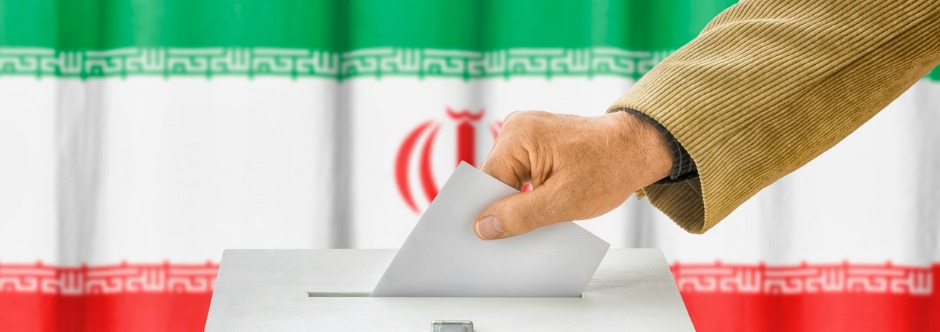Iran has long been a conundrum in terms of its labor market, particularly when it comes to international recruitment. As a relatively isolated economy, it has found it difficult to attract qualified international applicants and a more diversified talent pool.
However, a number of variables suggest that this may soon start to shift. Iran’s economy has at once grown and become more diverse over the last few years, thanks in large part to a more moderate government that has reversed many previous policies designed to keep Iran isolated especially from Western economies. Last week, a sweeping presidential election victory suggested that these changes will begin to make an impact in the near future.
The Outcome of Iran’s Presidential Election
There is no better indicator for a country’s confidence in its political direction than the election of its leader. So it was rightfully seen as a major victory for moderates that on May 20, moderate president Hassan Rouhani achieved a decisive victory against what was thought to be formidable conservative opposition.
Rouhaniwon 57 percentof the total vote, which was especially significant due to the fact that more than 70 percent of the country’s 56 million eligible voters actually went to the polls. Incumbents winning this decisively sends a message: the country wants to become more internationally accepted and respected, and approves of the first step Rouhani has taken to move in that direction.
A Growing Economy
According to the World Bank, voter faith accurate reflects economic trends. In 2016, the Iranian economy grew more than 6 percent in 2016, and is expected to grow an average of four percent every year until at least 2019. Its GDP eclipsed $412 billion, making it the second largest economy in the Middle East and North Africa region.
Much of that growth still depends on the oil industry, but other sections are gaining steam as well. As Iran begins to reintegrate its banking, trade, and investment industries with countries around the globe, they will serve as benchmarks for the overall health of the economy. For the time being, inflation declined to single digits for the first time in over 25 years, showing a more sustainable and healthy economic situation.
What the Future Holds for Iran’s Labor Market
Given the above economic trends, it’s no surprise that Rouhani received a major vote of confidence in last week’s presidential election. Still, one thing remains to be seen: the impact of the regime, and this election in particular, on the Iranian labor market.
For the time being, this is still an area in which Iran struggles. As The Economist points out, despite the healthy economic growth over the past couple of years, “few ordinary Iranians have felt the benefits. Unemployment actually went up in the first half of this year, from 10.7% to 12.2%.”
The reasons range widely. As mentioned above, much of the economic growth can be attributed to an oil boom, which doesn’t necessarily influence the available jobs in the country. In addition, Western sanctions are still in place that depress sectors like the financial industry as well as the perception of Iran around the world.
It is unclear whether these sanctions will be lifted in the short term. But Rouhani has made clear that this will be one of his major goals; after tackling macroeconomic problems his first term, he is looking for more benefits for workers in his country this time around.
The success of that effort is undecided so far, but it stands to reason that international investors – a key part of job creation efforts – will be more confident to invest in the country with more stable, more moderate, and more international leadership in place. That, coupled with economic growth, could make the long-term prospects of Iran as an international opportunity for global talent significantly more enticing.
We’re not there yet. But recent indicators suggest that Iran is a labor market to watch. It will be interesting to see whether Rouhani’s promises can indeed lead to a more international, thriving labor market in the next few years.
.





